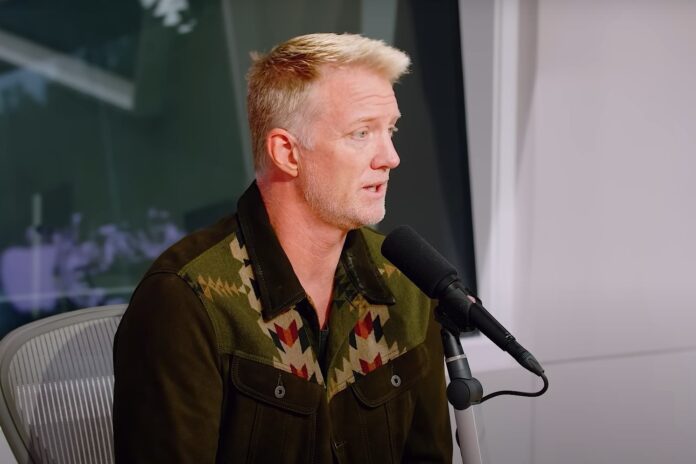Last month, Ozzy Osbourne passed away at the age of 76, just 17 days after he performed what was billed as his and Black Sabbath’s final show.
During a recent interview with RadioX, Queens of the Stone Age frontman Josh Homme reflected on the odd timing of Ozzy’s death coming so soon after his final concert. “I think it was such a poetic ending to a career that you just can’t take your eyes and ears off of,” Homme said.
“I mean, I could watch Ozzy do anything. Well, almost anything. But, you know, if he was squeezing orange juice, I’d be like, ‘We should watch this. Something beyond juice is coming,’ you know? I just think he’s a classic.”
He continued: “I think his passing was poetic, and I feel for the family, because that’s such a loss. But I also think that I believe that they see the poetry in that too. You know, I think David Bowie’s passing was that those are two poetic ways to go.”
In January 2016, David Bowie passed away from cancer, just two days after his final album “Blackstar” was released.
Many see “Blackstar” as Bowie’s farewell record, with some fans interpreting the lyrics as the singer attempting to deal with his own mortality – a theory which Bowie’s collaborator Donny McCaslin has denied.
What makes Ozzy Osbourne’s passing so powerful in the eyes of fans and fellow musicians is that it capped one of rock’s most unpredictable journeys with a sense of closure. Like Bowie, Ozzy left the stage on his own terms, one final time, before the curtain came down. For a performer whose life was marked by chaos, controversy, and resilience, to go out in such a way feels strangely fitting.
Ozzy’s legacy stretches well beyond heavy metal. From the early Sabbath days in Birmingham, where the riffs of Tony Iommi collided with Ozzy’s unearthly howl, to his reinvention as a solo star in the 1980s with Randy Rhoads, Jake E. Lee, and Zakk Wylde, he constantly found ways to adapt without losing that sense of danger. Even in his later years, when health issues piled up, he remained a figure you simply couldn’t look away from.
Homme’s point about Ozzy being “poetic” in his passing is really true because few artists have embodied both spectacle and vulnerability the way he did. Fans will remember the madness — the bats, the doves, the MTV antics — but they’ll also remember the sheer humanity of someone who never pretended to be perfect. Ozzy was a survivor, and his final bow, just days before his death, ensures that the last image of him is not of decline but of defiance.
Like Bowie with Blackstar, Ozzy gave the world a final moment that instantly feels like part of his myth. For a man who once seemed destined to burn out young, living long enough to write his own ending is perhaps the most “Ozzy” thing of all.














